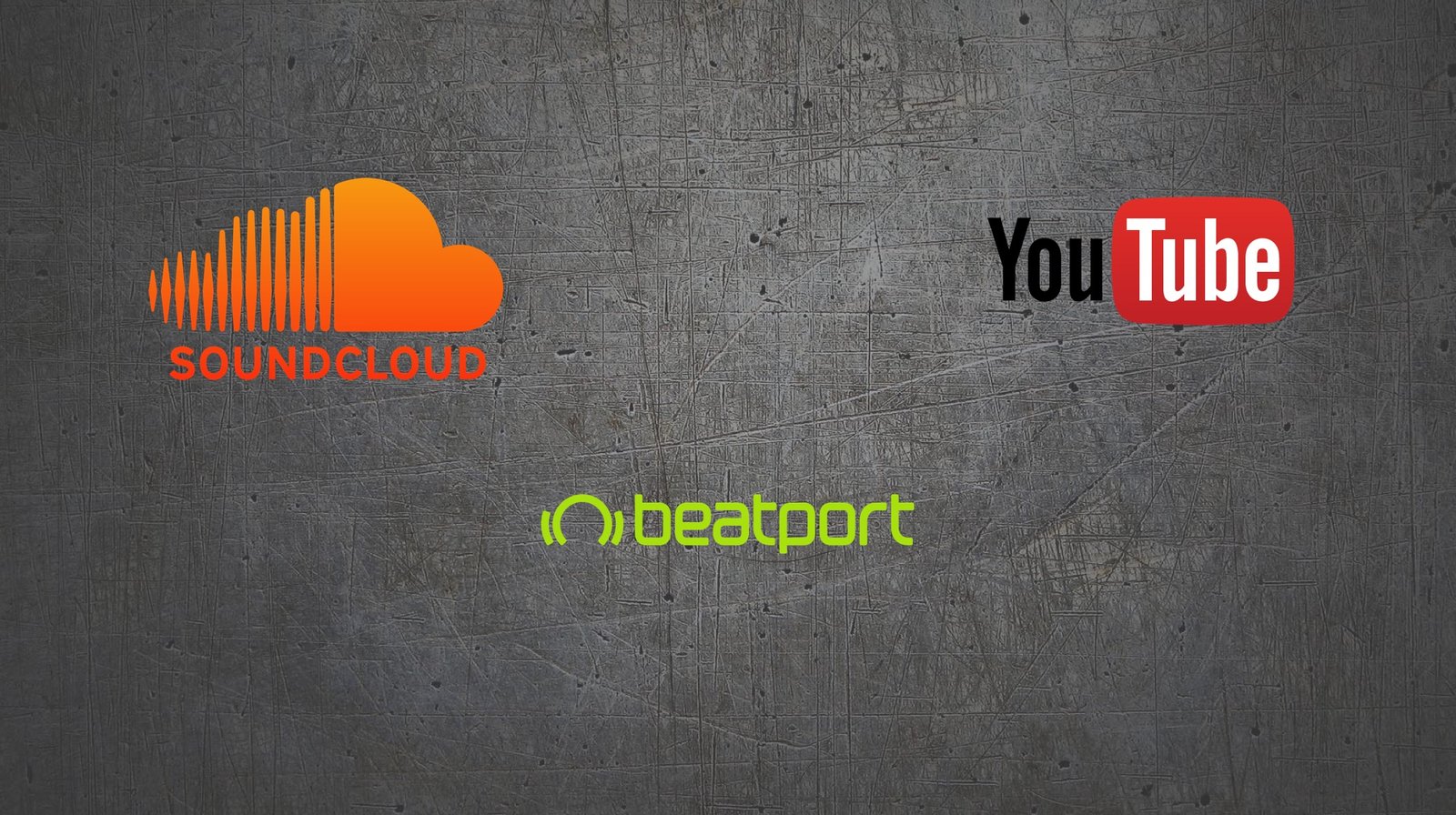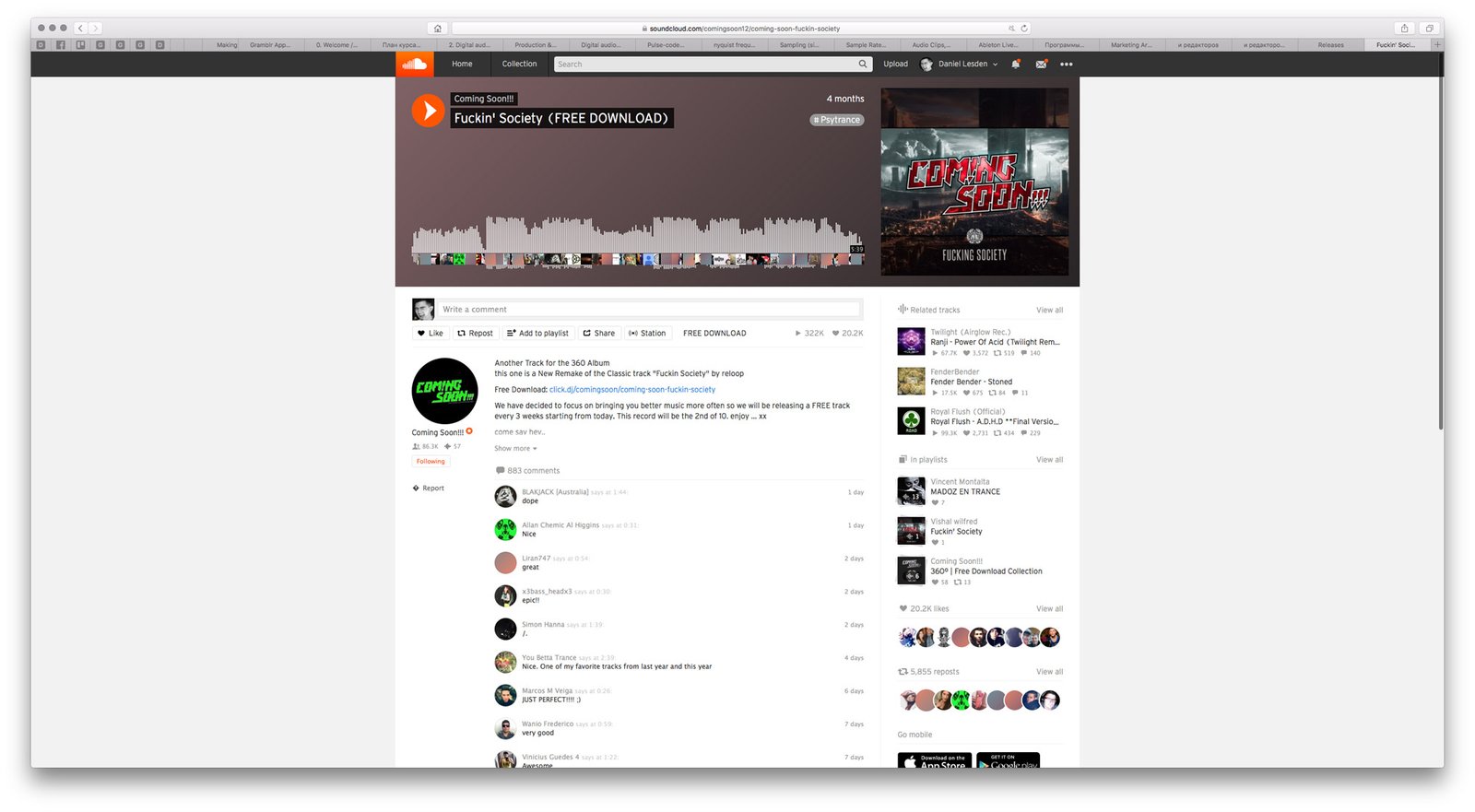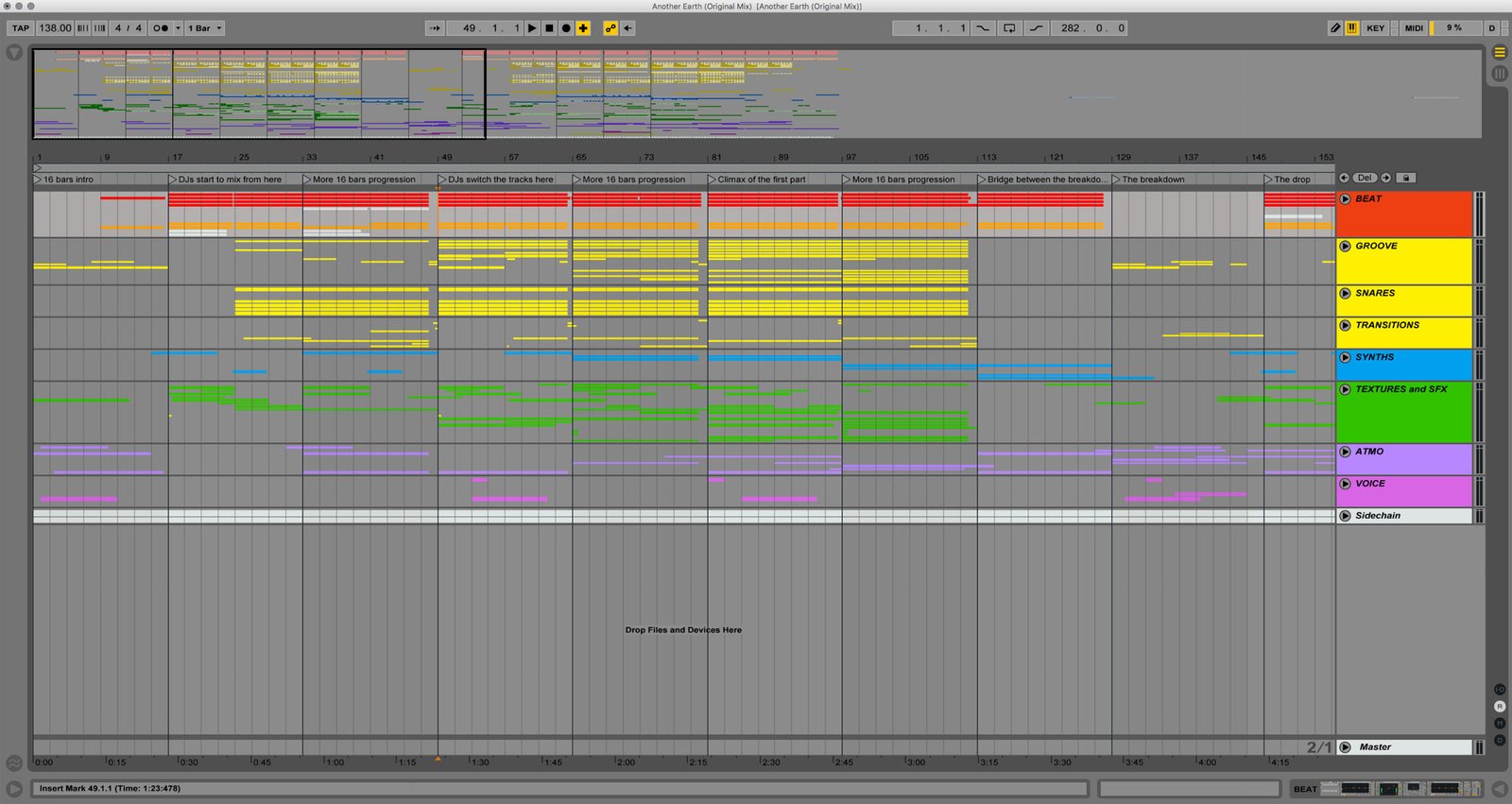Release routes
Pros and cons of self-release, record labels, and promo channels

I have a track that I think is great and I want to get it out there and played by DJs as soon as possible. Do I go the self-published route, set up a label, etc. and release on Bandcamp, or wherever, or send it to lables?
How do I find the right label, especially if none are releasing quite the same style as my track?
Hamish Strachan
Hamish, first things off I would like to write a comment on the “as soon as possible” part since you’ve mentioned such urgency.
A good promotion is usually a result of thoughtful and long-term planning. You can’t just export a track from the DAW and make it played by DJs overnight, unless you know these DJs in person, of course. Just to give you a sense of context: most record labels plan at least for 3-4 months ahead, some artists wait for release a year. We’ll get to it below.
Now we can talk about the possible release routes. There are many possible ways, but I prefer to classify them into three categories.
Self-release

If we think of the meaning of the words “music release” for a moment, basically, it’s a result of creative work available for distribution, and the point of this process is making your product accessible to the audience. And since the internet gives us an opportunity to directly reach the audience, you can self-release music.
Formally speaking, any kind of direct artist-to-fans distribution is a self-release. If you giveaway a track on SoundCloud, it’s a self-release. If you sell music on HearThis and Bandcamp or distribute via Ektoplazm, it’s a self-release, too:
Artist → Service → Fans
Keep in mind that setting up an own record label is not quite in this category. It’s like travelling from one city to another one on a plane or in a taxi: even if you’ll drive your own car instead, you still go the same route as it would be with a taxi, except that now you have to be the driver. Kind of awkward analogy, but I hope it makes sense.
Since you’re the boss, “as soon as possible” is actually possible with a self-release. You have full control over the process in all details. Want to giveaway a track on SoundCloud? Why not, takes one minute to upload. But would it grab DJs attention? Will DJs play your track in a clubs? Well, it depends.
If you already have a large fan base and you solidified your name on the scene, it might work. But if you just starting out, you might end up having 20 downloads with half being from your friends, and zero support from the DJs.
Coming Soon!!! often giveaway their tracks on SoundCloud, and it seems work quite well according to stats
Think from your audience’s perspective: how would they know about you in the first place? Even if your track is fantastic, how all those DJs will know about it if the only place it exists is your SoundCloud with a hundred followers, and the only person talking about your music is you? This is something to think about.
Release via record labels

Stores like Beatport and iTunes don’t accept music directly from the artists, they work with labels. But usually labels don’t submit music to the stores directly either, they do it via distributors. So the traditional chain looks like this:
Artist → A&R → Record label → Distributor → Stores → Fans
As you can see this is quite a complicated process, and partly this is the reason why at first it takes time to get music released, then it takes even more time to get back some royalties, and why those royalties are so small.
Thinking that setting up an own label would make things easier is a big mistake because operating as B2B you will have to deal with even more complicated bureaucracy, papers, accountants, reporting, and more.
Release on a label makes your track appear on the world’s largest stores, and many upcoming producers think this is a game-changer, a goal. “My track is out on Beatport!”, they proudly say.
Well, in reality, it’s not like that at all. The truth is no one cares. Stores are flooded with music and keep getting thousands of new arrivals weekly. So just the fact you get your music out on Beatport doesn’t really change anything, it’s overrated.
You may ask, “what’s the point of releasing on a label then?”. The answer is reputation.
A credible label has its own cult of followers: loyal fans that are willing to buy anything from this label, DJs that are striving for new material and keeping their eyes open on new releases. And when your music is out on one of such trustworthy labels, it grabs attention from the audience because they know this label already released a high-quality content in the past.
That’s the power of labels: instead of you talking about yourself, now other people talking about you: “Hey, take a listen to this. It has our quality-approved stamp”. And it gives more trust (assuming that such recommendation is coming from a credible label, of course). The hardest part is how to get on such a good label, but that’s another story.
Insights on sending a demo to a record label
Release via promo channels

This is a relatively new way of releasing music, and it’s a sort of mixture of the previous two. On the one hand, it doesn’t have a traditional “Label → Distributor → Stores” scheme, but on the other hand, it still has a middle-man.
Promo channels are also called music promoters, broadcasters, and has other names, and basically, they are popular YouTube and SoundCloud profiles.
Don’t get it wrong, they are not just some individual enthusiasts who upload random stuff, although it started like that back in 2010 or so. Today, these channels are big companies with a solid income coming through the monetization programs.
Just to show what I mean:
| EDM.com SoundCloud | 723 thousands followers |
| Majestic Casual YouTube | 3 million followers |
In the underground music, these numbers are less, but you get the idea. Think about these channels as a radio broadcast of the 21st century. And no surprise they are so popular: in recent years, income in the music industry has shifted from sales to streaming, and we’ll see even larger changes in the coming future.
The process of pitching these channels is very similar to the way you dealing with record labels. At first, you have to make a research, then find the right contact of a person who curates the channel, then submit a demo, and so on.
Artist → Curator → Promo channel → Fans
The benefit of this release route is pure exposure due to a huge amount of views/listens those channels have.
Summary
Here some pros and cons of each approach:
| Route | Pros | Cons |
| Self-release | Full control over the process As soon as possible More income from sales per track |
Requires fan base No access to the world’s largest stores Low interest from DJs |
| Record labels | Traditional time-tested method Reputation coming from a credible name Promo pools with tastemakers |
Complicated process No control over timing Low income from sales |
| Promo channels | Potentialy, the largest exposure Streaming will keep growing Can work with several channels, unless you have an exclusive deal |
New, non-proved method Still has a middle-man No income at all |
I can’t advise which way to go, but I hope this blog gave you some information to make a rational decision.
As for the second part of your question, let’s go over it next time.




